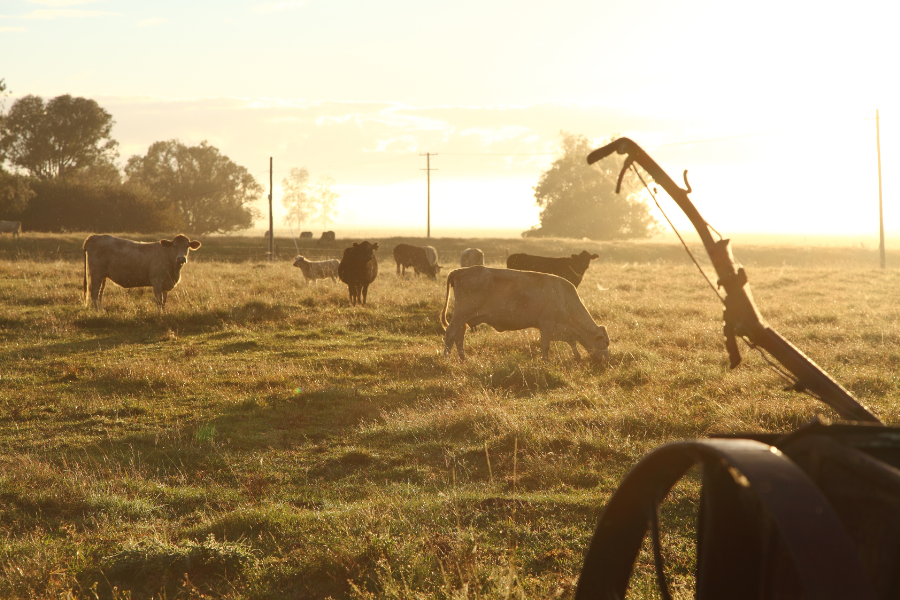Farming is not just a profession; it’s a way of life that demands unwavering dedication and hard work. Amidst the rigors of tending to crops and livestock, it’s easy for farmers to neglect their most valuable asset – themselves. Consequently, the relentless pursuit of agricultural success can take a toll on one’s physical and mental well-being. Recognising the need for self-care is crucial in sustaining not only the health of the farm but also the farmer’s. This blog explores practical advice aimed at integrating self-care into the daily lives of farmers, ensuring they can thrive alongside their farms.
The journey towards integrating self-care into the farmer’s life is as varied and rich as the landscapes they tend. Below, we explore practical advice tailored specifically for those who give so much of themselves to give life to our world. This guidance is a beacon for those ready to balance the scales between the demands of their profession and the indispensable need for personal rejuvenation and resilience. Thus, let us begin this journey, understanding that nurturing oneself is just as crucial as nurturing our lands.
Practical Advice for Farmers Emphasising Self-Care

1. Integrate Self-Care into Your Daily Routine
Start every day with a ritual that rejuvenates you. Whether it’s savoring a peaceful moment with a cup of coffee, participating in a brief meditation, or going for a quick walk, make sure to allocate time for activities that refresh your spirit before embarking on your daily chores.
2. Develop Emotional Resilience
The mental fortitude required in farming is immense. Cultivate emotional resilience by adopting mindfulness practices and expressing gratitude. Maintain a journal to document your daily experiences, focusing on small victories and learning opportunities, which can foster a positive outlook and resilience against the challenges of farm life.
3. Foster Meaningful Connections
Allocate time to strengthen your relationships with family and community. Establish regular family traditions that allow you to connect deeply with your loved ones, and make an effort to communicate openly about your dreams, challenges, and the balance you seek to achieve between your farm duties and home life.
4. Engage in Continuous Learning Beyond Farming
Pursue interests and hobbies outside of agriculture to broaden your perspective and bring fresh energy into your life. Whether it’s listening to a self-help book, a creative endeavor, a new sport, or educational courses on topics unrelated to farming, these activities can provide a much-needed mental break and enrich your personal and professional life.
5. Practice Active Relaxation
Find relaxation through active engagement in hobbies that differ from your daily farm work. Activities such as recreational gardening, crafts, or sports can serve as therapeutic outlets, offering you a sense of relaxation and accomplishment outside of your professional responsibilities.
Are you ready to prioritise your well-being and transform your farming experience? Start by adopting one self-care practice this week and gradually integrate more into your routine. Download our free ‘Farmers’ Ultimate Freedom Checklist’ to kickstart your quest for work-life harmony, we can cultivate a lifestyle that thrives.
If you found this article helpful, share it with your network to help others unlock their farming potential. Don’t forget to like and follow us on social media for more insightful tips: Facebook, Instagram, and LinkedIn. Let’s empower more farmers together!

 Enable Ag
Enable Ag
